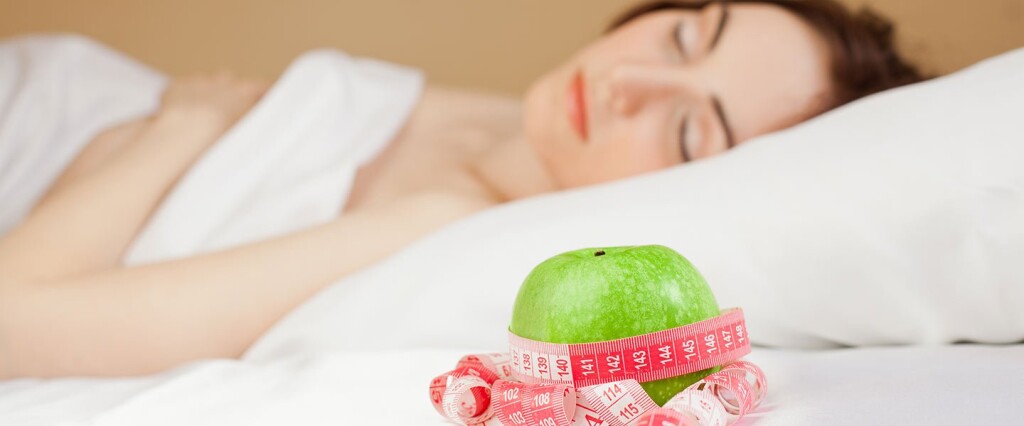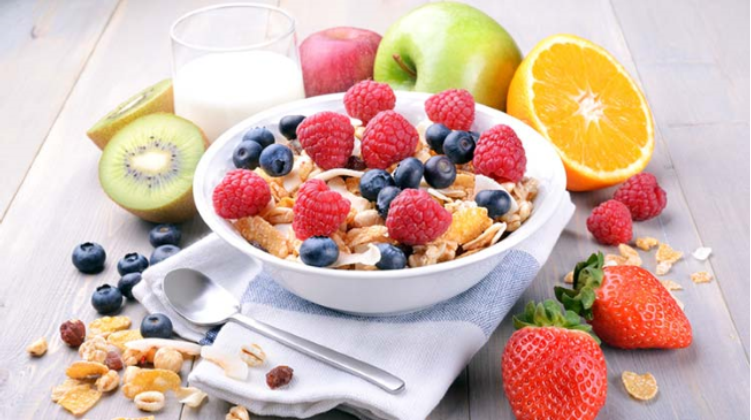
In March we welcome the change of seasons. We are excited to say goodbye to winter and the cold weather. With the promise of Summer on the horizon, many people are refocusing their attention on their health and wellness journey. This often includes attention to your diet, which can help with better weight management.
If you are seeking to make changes to your nutrition and diet, sleep plays an important factor in being successful. Many of us feel especially sluggish after the winter hibernation. In addition, we experienced the change of our clocks. We jumped ahead one hour due to Daylight Savings. The National Sleep Foundation has claimed the week after Daylight Savings to be Sleep Awareness Week. In 2021, Sleep Awareness Week is dated March 14th through March 20th.
We have compiled a few options on how to achieve a better night’s sleep through our nutrition choices during the day.
Fruits – An important piece for any diet, but when we are speaking about sleep specifically, look at eating more cherries or kiwis. Cherries have been found to help decrease the effects of insomnia. Cherries contain a high amount of the sleep-promoting hormone, melatonin. Eating kiwis two hours before bed has been found to help with falling asleep faster, staying asleep longer and waking up less frequently.
Caffeine – Most of us know to avoid caffeine before bed. The rule is to avoid caffeine 5 to 6 hours before bed. Caffeine can be tricky because it can also be found in the foods we consume, it’s not limited to beverages like coffee or soda.
Snacking – Avoid late night snacking. Try to stop eating 2 to 3 hours before you go to bed. Snacking can lead to broken sleep, individuals find themselves waking up more frequently during the night.
Spicy food – Eating spicy food can cause heartburn which can impact your sleep. Acid reflux can worsen and irritate an individual’s airways. Avoid consuming spicy foods within 3 hours of going to bed.
Alcohol – Drinking alcohol before bed is typically not the best choice. Alcohol is a sedative and it may help you fall asleep, but it reduces the overall quality of sleep you receive. Most people find themselves waking up more frequently during the night.
Sources: Sleep.org and Hopkinsmedicine.org





